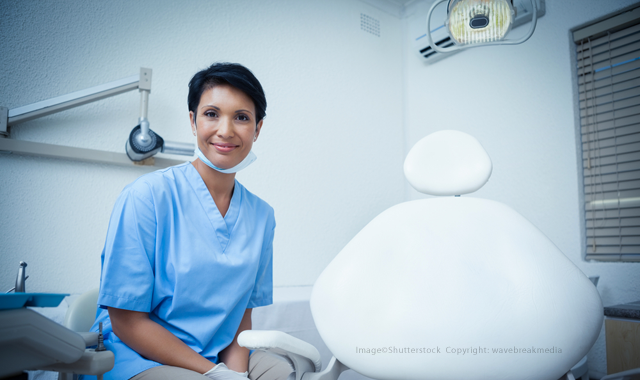5 Reasons being a dental hygienist is harder than you might think
Dental hygienists are often discounted in their role as healthcare professions by the public. Nor is the public aware of the schooling it takes to become a dental hygienist. Even further, many don’t understand how physically demanding dentistry is, despite the fact it looks like we are just sitting there.

“Oh, you’re a dental hygienist?! Don’t you just scrape on teeth? What an easy job you have!” Not so fast there!
Dental hygienists are often discounted in their role as healthcare professions by the public. Nor is the public aware of the schooling it takes to become a dental hygienist. Even further, many don’t understand how physically demanding dentistry is, despite the fact it looks like we are just sitting there.
Is the public entirely in the wrong for not knowing? To be fair, many of us don’t know what education it takes to be an electrician and what it takes to wire a house to code so it doesn’t burn down. So we shouldn’t expect everyone know all about the dental hygiene profession either. However, I’d like to help with that. Here are five reasons being a dental hygienist is harder than you might think.